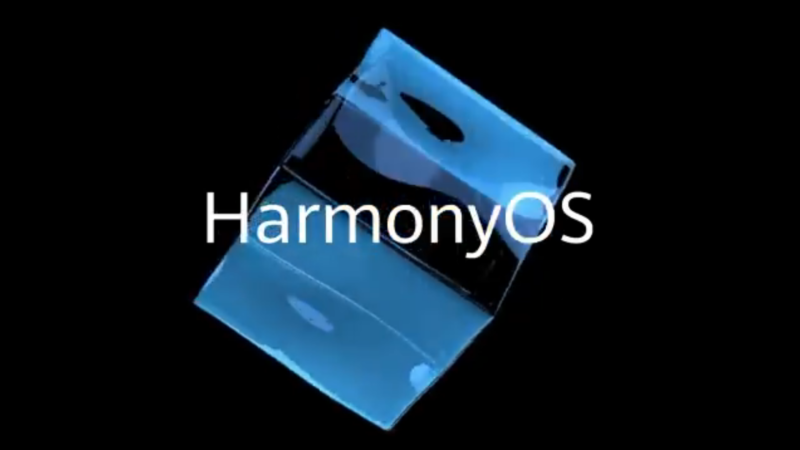Huawei announces its first operating system, HarmonyOS

Ever since the Trump administration's export ban on Huawei threatened the company's Android phones, Huawei has been making claims that it didn't really need Android and could start its own operating system if it needed to. Today, Huawei's saber-rattling reached a new volume with the announcement of "HarmonyOS," Huawei's home-grown operating system. At the "Huawei Developer Conference 2019," Huawei gave a Chinese-language presentation on HarmonyOS, which included only a vague overview of the OS and no screenshots or demos.
HarmonyOS isn't quite targeting smartphones yet, and the OS will first debut on the "Honor Smart Screen" (which sounds like an Echo Show or Google Home Hub) and Huawei TVs. Huawei said an expansion to smartphones could happen sometime over the next three years, but for now, it wants to stick with Android.
As for what HarmonyOS actually is, the company described it as "a microkernel-based OS, distributed OS for all scenarios." Huawei says the OS will run across a range of form factors, and the company even pulled out the old "write once, run everywhere" claim for app developers. Huawei spent some time trash-talking the competition, saying Android's Linux kernel uses a resource scheduling model "targeting server load" and lacks UI smoothness as a result. In contrast, Huawei promised Harmony would have a faster and more responsive UI. HarmonyOS will be open source, so hopefully we will see some third-party code reviews once the repo is posted.
Read 3 remaining paragraphs | Comments